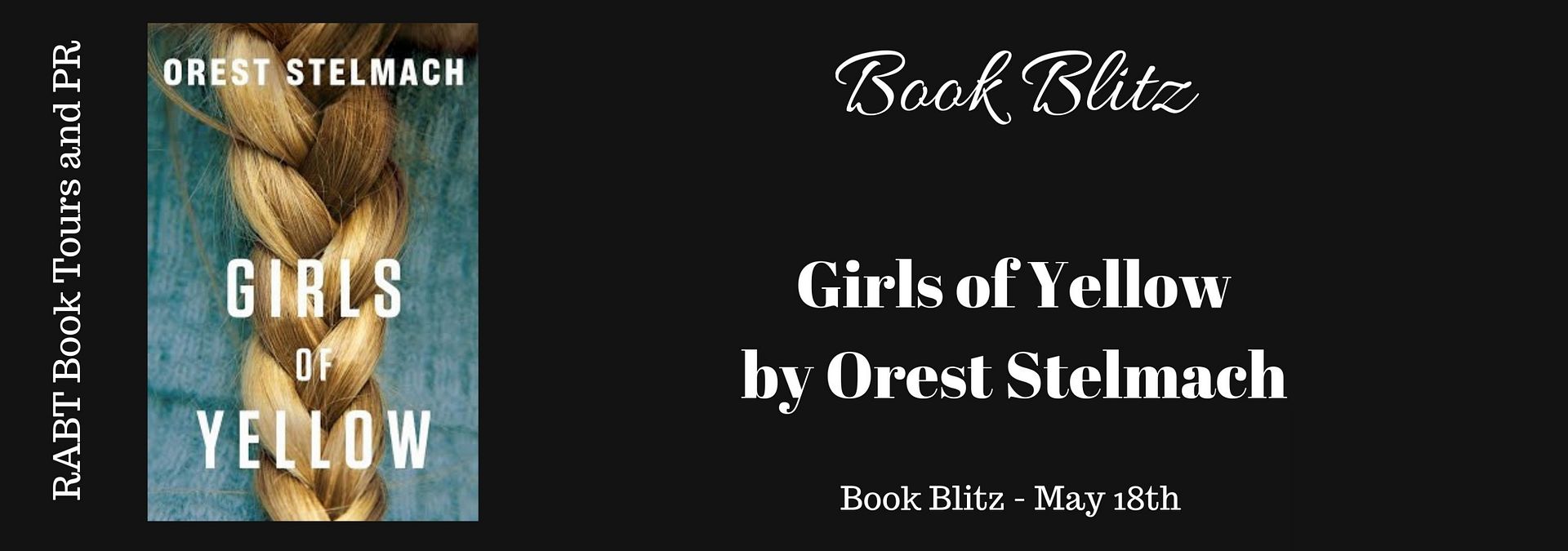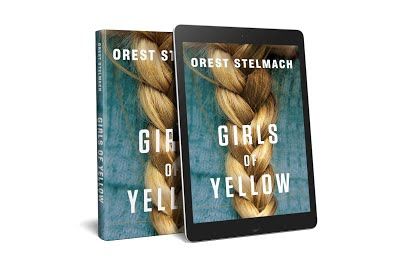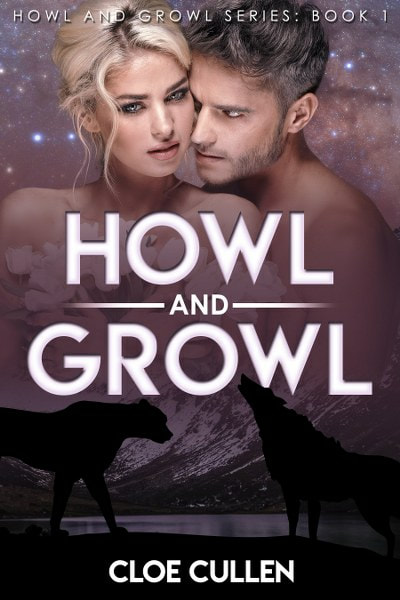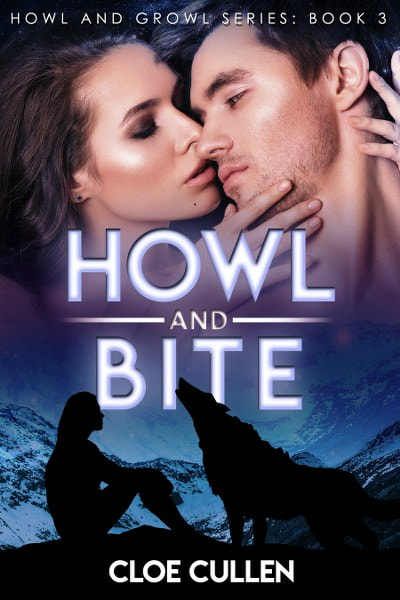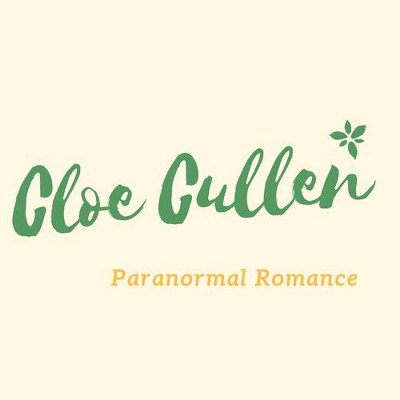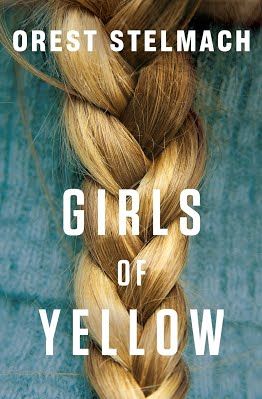
Mystery,
Thriller
Thriller
Elise
De Jong/Sami Ali Book 1
De Jong/Sami Ali Book 1
Publisher:
Penwood
Penwood
Published:
May 2018
May 2018
Imagine
a world where modern governments failed their citizens and long-simmering
conflicts escalated into global war. Imagine if its survivors migrated toward
those who share the same faith. Imagine the continents are ruled by religions.
a world where modern governments failed their citizens and long-simmering
conflicts escalated into global war. Imagine if its survivors migrated toward
those who share the same faith. Imagine the continents are ruled by religions.
When
the mysterious death of a teenage girl triggers memories of a similar childhood
event, police Detective Sami Ali becomes consumed with solving her murder.
Persecuted by the shame of his past, Ali will stop at nothing to find the
killer, even if his investigation puts his wife and daughter at risk.
the mysterious death of a teenage girl triggers memories of a similar childhood
event, police Detective Sami Ali becomes consumed with solving her murder.
Persecuted by the shame of his past, Ali will stop at nothing to find the
killer, even if his investigation puts his wife and daughter at risk.
As
he follows the clues, Ali collides with another lost soul - a foreign spy.
Elise De Jong's official mission in Eurabia involves the acquisition of a
priceless item that could shift the balance of power among the theocracies. But
she also has a personal objective - to find her last living relative, the
little sister whom she hasn't seen since her birth.
he follows the clues, Ali collides with another lost soul - a foreign spy.
Elise De Jong's official mission in Eurabia involves the acquisition of a
priceless item that could shift the balance of power among the theocracies. But
she also has a personal objective - to find her last living relative, the
little sister whom she hasn't seen since her birth.
To
succeed in their missions, Elise and Ali must find common ground despite their
religious differences, for they can depend only on each other.
succeed in their missions, Elise and Ali must find common ground despite their
religious differences, for they can depend only on each other.
Excerpt
Major
Sami Ali knew he’d been assigned the dhimmi’s murder because he was the worst
detective on the Budapest police force. And he understood exactly what his boss
expected him to do – use minimal departmental resources to conduct a basic
investigation, find no evidence of religious cleansing, and bury the case.
Sami Ali knew he’d been assigned the dhimmi’s murder because he was the worst
detective on the Budapest police force. And he understood exactly what his boss
expected him to do – use minimal departmental resources to conduct a basic
investigation, find no evidence of religious cleansing, and bury the case.
Ali
knew such a weak effort rendered him a fraud and he didn’t care. Pride didn’t
pay his daughter’s tuition. His job was to follow orders and provide for his
family. Also, his father had made him take an oath as a child to hate
Christians and Jews for the rest of his life. He didn’t give a damn about the
dhimmis.
knew such a weak effort rendered him a fraud and he didn’t care. Pride didn’t
pay his daughter’s tuition. His job was to follow orders and provide for his
family. Also, his father had made him take an oath as a child to hate
Christians and Jews for the rest of his life. He didn’t give a damn about the
dhimmis.
The
body had been found at the Matthias Catholic Church, one of only three
remaining Christian churches in the section of the city known as Dhimmi Town.
Gothic spires decorated with gargoyles
towered above a diamond-patterned roof, green and brown ceramic tiles
glittering in the sun. Ismael, the crime scene technician, was kneeling beside
the corpse near the altar when Ali arrived inside. His friend reminded Ali of a
mongoose – unassuming at first glance, but pity the snake who dared to test his
mettle.
body had been found at the Matthias Catholic Church, one of only three
remaining Christian churches in the section of the city known as Dhimmi Town.
Gothic spires decorated with gargoyles
towered above a diamond-patterned roof, green and brown ceramic tiles
glittering in the sun. Ismael, the crime scene technician, was kneeling beside
the corpse near the altar when Ali arrived inside. His friend reminded Ali of a
mongoose – unassuming at first glance, but pity the snake who dared to test his
mettle.
“First
comes Saturday,” Ismael said.
comes Saturday,” Ismael said.
“Then
comes Sunday,” Ali said.
comes Sunday,” Ali said.
The
salutation had originated in the Middle East during the early twentieth
century, long before the third world war, the collapse of governments and
economies, and the migration of survivors toward people who shared the same
faith.
salutation had originated in the Middle East during the early twentieth
century, long before the third world war, the collapse of governments and
economies, and the migration of survivors toward people who shared the same
faith.
First
we’ll take care of the Jews, who pray on Saturday, and then we’ll take care of
the Christians, who pray on Sunday.
we’ll take care of the Jews, who pray on Saturday, and then we’ll take care of
the Christians, who pray on Sunday.
The
old prophecy had been fulfilled in Arabia. Then, after Muslims flooded Europe,
Sharia law had been enacted throughout the continent. Only the dhimmis
prevented the prophecy from being true in what was now known as Eurabia, too.
old prophecy had been fulfilled in Arabia. Then, after Muslims flooded Europe,
Sharia law had been enacted throughout the continent. Only the dhimmis
prevented the prophecy from being true in what was now known as Eurabia, too.
And
now there were one fewer dhimmis.
now there were one fewer dhimmis.
Ali
couldn’t see the corpse. Ismael was hovering over it, blocking his view.
couldn’t see the corpse. Ismael was hovering over it, blocking his view.
“What
are we celebrating?” Ali said.
are we celebrating?” Ali said.
“Death
by strangulation,” Ismael said.
by strangulation,” Ismael said.
“What?
No machete?”
No machete?”
“No
blood. He strangled her with his hands.”
blood. He strangled her with his hands.”
“No
blood. You’ve got to be kidding … Wait. Did you say her?”
blood. You’ve got to be kidding … Wait. Did you say her?”
“Bruising
on both sides of the neck but no actual prints. He must have worn gloves.”
on both sides of the neck but no actual prints. He must have worn gloves.”
“Signs
of struggle?” Ali said.
of struggle?” Ali said.
“None
that I can see.”
that I can see.”
Ismael
stepped back to reveal a girl’s corpse, a lithe figure with hair the color of
sun-drenched wheat. “Look, A. She can’t be more than fourteen or fifteen.”
stepped back to reveal a girl’s corpse, a lithe figure with hair the color of
sun-drenched wheat. “Look, A. She can’t be more than fourteen or fifteen.”
“Ish,”
Ali said. The first syllable of his friend’s name was the only sound he could
muster because the sight of the girl had taken him to the place he hoped to
never revisit.
Ali said. The first syllable of his friend’s name was the only sound he could
muster because the sight of the girl had taken him to the place he hoped to
never revisit.
“What
a waste,” Ismael said.
a waste,” Ismael said.
Ali’s
childhood memories were secured in an impenetrable vault protected by imaginary
barbed wire, steel walls, and padlocks. Whenever something or someone prodded
the vault, its protective devices tightened. This time, however, its defenses
disintegrated and the locks sprang open. Out streamed the vision he loathed so
much it made him long for sudden death.
childhood memories were secured in an impenetrable vault protected by imaginary
barbed wire, steel walls, and padlocks. Whenever something or someone prodded
the vault, its protective devices tightened. This time, however, its defenses
disintegrated and the locks sprang open. Out streamed the vision he loathed so
much it made him long for sudden death.
It
was all in the past, Ali tried to tell himself, but no one could detect a lie
more easily than a cop, even a lousy one. A similar-looking girl was lying
before him. And she, too, was dead.
was all in the past, Ali tried to tell himself, but no one could detect a lie
more easily than a cop, even a lousy one. A similar-looking girl was lying
before him. And she, too, was dead.
“The
eyes,” Ismael said. He reached over and lifted the dead girl’s eyelids. “You see the eyes?”
eyes,” Ismael said. He reached over and lifted the dead girl’s eyelids. “You see the eyes?”
They
looked like aquamarine jewels.
looked like aquamarine jewels.
Of
course Ali had noticed the eyes, as surely as he’d noticed the girl’s oval
face, alabaster skin, and golden locks. It wasn’t their beauty that shocked Ali
and Ismael, but rather their presence in their sockets, because the typical
religious cleansing involved their removal. Lower your head – submit to Islam –
lest your eyes be snatched.
course Ali had noticed the eyes, as surely as he’d noticed the girl’s oval
face, alabaster skin, and golden locks. It wasn’t their beauty that shocked Ali
and Ismael, but rather their presence in their sockets, because the typical
religious cleansing involved their removal. Lower your head – submit to Islam –
lest your eyes be snatched.
Ismael
nodded for Ali to come closer, then glanced in both directions to make sure the
other two technicians taking pictures of the church interior couldn’t hear him.
nodded for Ali to come closer, then glanced in both directions to make sure the
other two technicians taking pictures of the church interior couldn’t hear him.
“She
wasn’t killed here,” Ismael said. “She was brought here after the fact.”
wasn’t killed here,” Ismael said. “She was brought here after the fact.”
“How
can you be sure?”
can you be sure?”
Ismail
lowered his voice further. “Because there was a witness.”
lowered his voice further. “Because there was a witness.”
Ali
lost his breath. “A witness?” There were never any witnesses in Dhimmi Town, at
least none brave or stupid enough to come forward.
lost his breath. “A witness?” There were never any witnesses in Dhimmi Town, at
least none brave or stupid enough to come forward.
“The
caretaker who called it in. He was here when the killer brought in the body.
Point of entry, front door. Point of exit, front door.
caretaker who called it in. He was here when the killer brought in the body.
Point of entry, front door. Point of exit, front door.
“He
saw the killer?”
saw the killer?”
“He
was taken to headquarters to give his statement and for his own protection. But
I don’t think it’s his protection your boss will be worried about. Especially
not with the world leaders in town for that conference. Think about it. The
heads of all four kingdoms – the Buddhists, Hindus, Christians and us – all in
the same place. Can’t have religious cleansing when the religions are trying to
find a way to get along, can you?”
was taken to headquarters to give his statement and for his own protection. But
I don’t think it’s his protection your boss will be worried about. Especially
not with the world leaders in town for that conference. Think about it. The
heads of all four kingdoms – the Buddhists, Hindus, Christians and us – all in
the same place. Can’t have religious cleansing when the religions are trying to
find a way to get along, can you?”
Ali
heard the question and understood Ismael’s point. His boss wanted the case buried
quickly. But that mattered less to Ali than Ismael’s previous implication, that
the higher-ups would do everything necessary to make sure the witness was
silenced. To Ali’s own amazement, something compelled him right there and then
to do everything in his power to make sure the witness was heard.
heard the question and understood Ismael’s point. His boss wanted the case buried
quickly. But that mattered less to Ali than Ismael’s previous implication, that
the higher-ups would do everything necessary to make sure the witness was
silenced. To Ali’s own amazement, something compelled him right there and then
to do everything in his power to make sure the witness was heard.
But
was he too late?
was he too late?
Ali
told Ismael he’d be in touch and rushed out of the church. As he ran toward his car, the call to prayer
sounded. It was the second such call of the day which meant it was just past
noon. The sound of the Muezzin’s mellifluous voice always slowed Ali’s pulse,
drained him of angst and sorrow, and lifted his spirits. The thought of not
stopping whatever he was doing to contemplate the substance of his Islamic
beliefs five times a day was unthinkable.
told Ismael he’d be in touch and rushed out of the church. As he ran toward his car, the call to prayer
sounded. It was the second such call of the day which meant it was just past
noon. The sound of the Muezzin’s mellifluous voice always slowed Ali’s pulse,
drained him of angst and sorrow, and lifted his spirits. The thought of not
stopping whatever he was doing to contemplate the substance of his Islamic
beliefs five times a day was unthinkable.
Yet
that’s exactly what he considered doing the moment the initial call sounded.
The image of the dead girl from his youth gripped him so tightly that he wanted
– no, he needed – to begin a thorough
investigation of this girl’s murder immediately. One death bore no relation to
the other. More than twenty-five years had past since the first girl had died.
The victims merely resembled each other.
that’s exactly what he considered doing the moment the initial call sounded.
The image of the dead girl from his youth gripped him so tightly that he wanted
– no, he needed – to begin a thorough
investigation of this girl’s murder immediately. One death bore no relation to
the other. More than twenty-five years had past since the first girl had died.
The victims merely resembled each other.
Ali
realized this but it made no difference to him. To say that he’d failed the
first girl was a gross understatement. He couldn’t contemplate repeating the
mistake. Did he even have the skills to solve a murder? Ali wasn’t sure
himself. The other cops called him the Dhimmi Lover precisely because he had no
love for them. It was a joke well-known throughout the force. What would they
say if the worst detective in Eurabia started acting like a real police? The
Dhimmi Lover actually trying to solve the murder of a dhimmi? They’d all get a
laugh out of that one.
realized this but it made no difference to him. To say that he’d failed the
first girl was a gross understatement. He couldn’t contemplate repeating the
mistake. Did he even have the skills to solve a murder? Ali wasn’t sure
himself. The other cops called him the Dhimmi Lover precisely because he had no
love for them. It was a joke well-known throughout the force. What would they
say if the worst detective in Eurabia started acting like a real police? The
Dhimmi Lover actually trying to solve the murder of a dhimmi? They’d all get a
laugh out of that one.
When
the second call came for prayer to begin, Ali didn’t stop to face Mecca.
Instead, he climbed in his car, hammered the gas pedal and raced toward the
station. Never before had he thought of the streets of Dhimmi Town as his own.
Who in his right mind would want them?
the second call came for prayer to begin, Ali didn’t stop to face Mecca.
Instead, he climbed in his car, hammered the gas pedal and raced toward the
station. Never before had he thought of the streets of Dhimmi Town as his own.
Who in his right mind would want them?
But
they were his, he realized, whether he liked them or not, just as surely as he
was among the few Muslims not prostrating themselves before Allah in the
capital city of the central region of the Eurabian Caliphate.
they were his, he realized, whether he liked them or not, just as surely as he
was among the few Muslims not prostrating themselves before Allah in the
capital city of the central region of the Eurabian Caliphate.
Ali
hoped like hell no one recognized him behind the wheel.
hoped like hell no one recognized him behind the wheel.
About
the Author
the Author

Orest
Stelmach is a mystery and thriller writer and the author of the Nadia Tesla
series. His novels have been Kindle #1 bestsellers, optioned for film
development, and translated into numerous foreign languages. Prior to becoming
a full-time writer, Orest was an institutional investment portfolio manager for
twenty-five years. He is a graduate of Dartmouth College and the University of
Chicago Booth School of Business.
Stelmach is a mystery and thriller writer and the author of the Nadia Tesla
series. His novels have been Kindle #1 bestsellers, optioned for film
development, and translated into numerous foreign languages. Prior to becoming
a full-time writer, Orest was an institutional investment portfolio manager for
twenty-five years. He is a graduate of Dartmouth College and the University of
Chicago Booth School of Business.
Contact
Links
Links
Purchase
Links
Links
